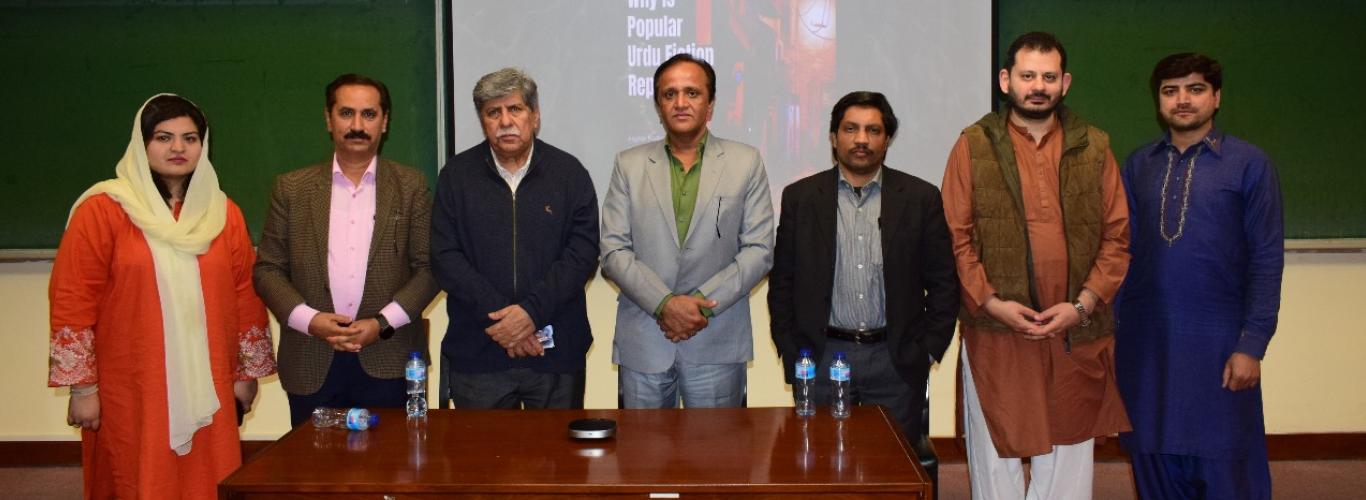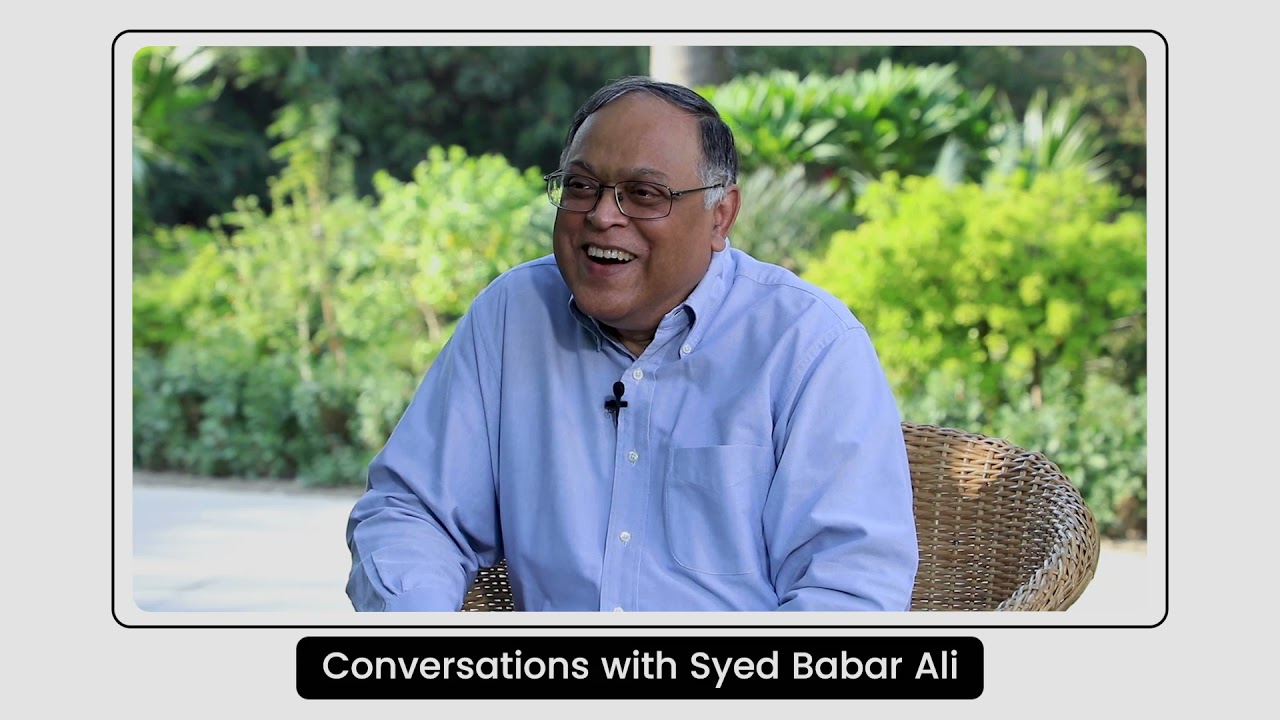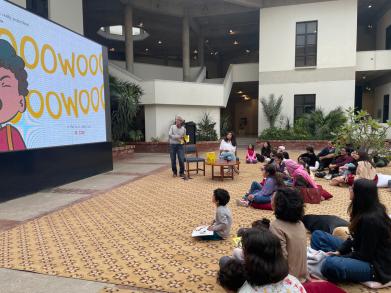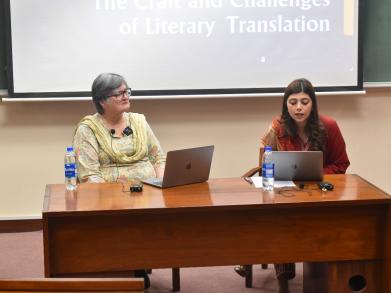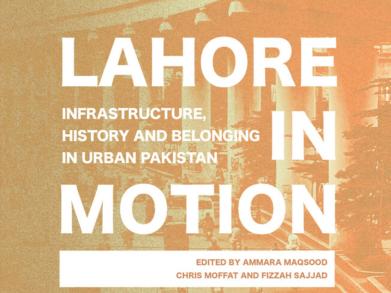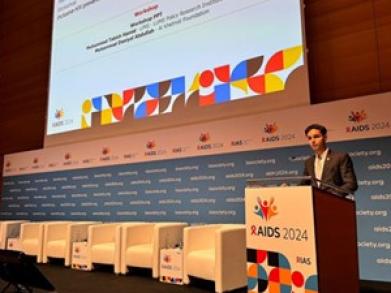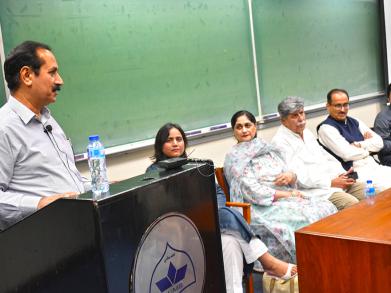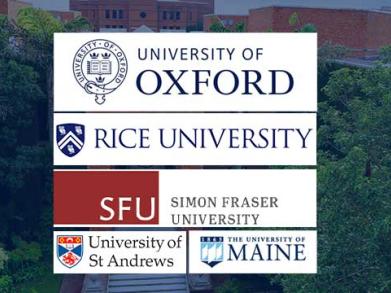Why is Popular Urdu Fiction Reproved?
The Gurmani Center brought together an esteemed panel of experts to discuss the reasons behind the consistent criticism of popular fiction by Urdu critics and academics alike. The session was held on 8th March, 2024 and was moderated by Dr. Nasir Abbas Nayyar. The distinguished panel included Dr. M. Khalid Fayyaz, Dr. Aurangzeb Niazi and Asghar Nadeem Syed.
Dr. Nasir Abbas Nayyar commenced the session by explaining the significance of this discussion. Popular Urdu fiction is consumed by the masses and has the capacity to affect them profoundly. It is therefore, important to critically analyze its dynamics for both the authors and the readers. He explained that the session would be divided into two parts, the first would focus on understanding what popular fiction is and the second would analyze the criticism it has been generating.
Dr. Fayyaz proposed another term for popular fiction - market literature or produced literature because it is written according to the wishes of the readers. He said that such produced literature is condemned because it fails to discover anything new, which is the benchmark of a creative writer. Popular literature does not challenge the existing moral and political values to remain relevant to the market.
In Dr. Aurangzeb Niazi’s opinion, the term popular literature should not be used in this context and the focus of the debate should be on substandard literature that is popular. He pointed out that popular fiction helps the readers to temporarily escape their realities and live in a utopia, hence it is so widely read. Dr. Niazi also talked about the impact of technology and the printing press on literature; popular literature is mass produced to meet the demand of the market. He mentioned the Frankfurt School’s Theory of Culture and how a working class was established after the 60s. The demands of the working class were different from high culture, therefore, popular fiction, especially novels, were widely written during this time. Nowadays, the media industry, especially social media, also supports popular literature.
Asghar Nadeem Syed discussed how most of popular fiction is adapted as TV serials or films across the globe. The lack of cultural exposure in our society means that the fiction that is mostly read is the one that fascinates the reader. This also explains why more women read popular literature because a novel gives them spiritual and religious freedom. Mr. Syed strongly condemned historical popular fiction that is designed and changes history to suit some agenda.
The second half of the session focused on exploring the reasons behind the disapproval of popular fiction. Dr. Nasir, drawing upon Theodor Adorno's theoretical perspective, explained how popular literature generates a sense of guilty pleasure. He also raised an intriguing question about the disparities between western and local popular fiction, citing an example of western science fiction versus our ideologically charged narratives propelling through popular historical fiction.
In response, Mr. Syed attributed these differences in popular fiction production to societal structures and cultural contexts. He highlighted the absence of scientific discourse in our society, resulting in the lack of science-oriented themes in our popular fiction. He concluded by stressing the need for serious textual analysis to critique and reject sub-standard fiction effectively.
Supporting this idea, Dr. Nasir mentioned the absence of documented critical engagement with popular Urdu literature. He advocated for an objective analysis of popular fiction. Categorizing popular fiction as hollow fantasies promoting escapism, he highlighted its contrasts with literary fantasy, which fosters a deeper understanding of the world.
The session concluded with a lively question-and-answer segment, during which participants engaged with the panel's insights and addressed their queries.

